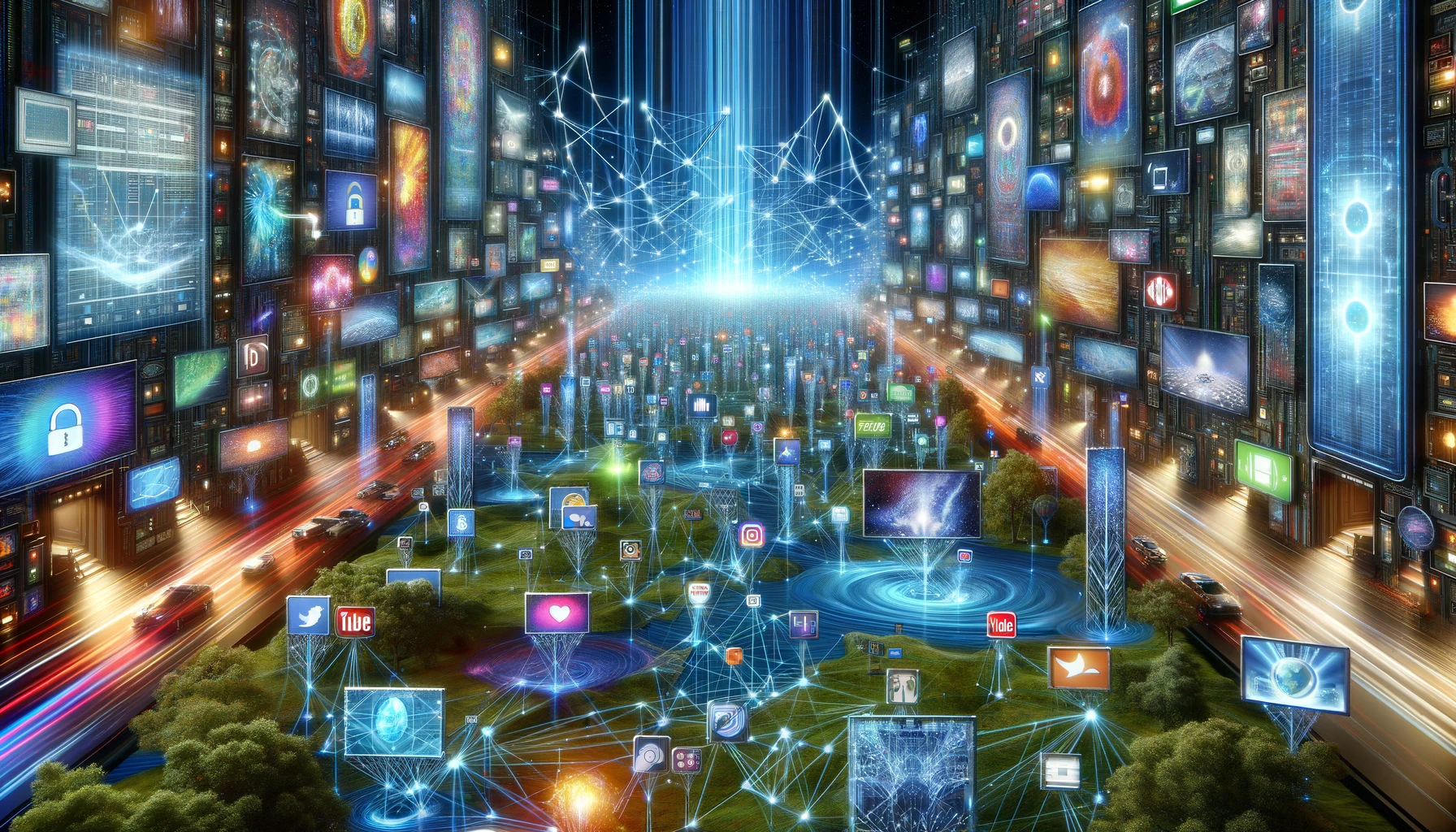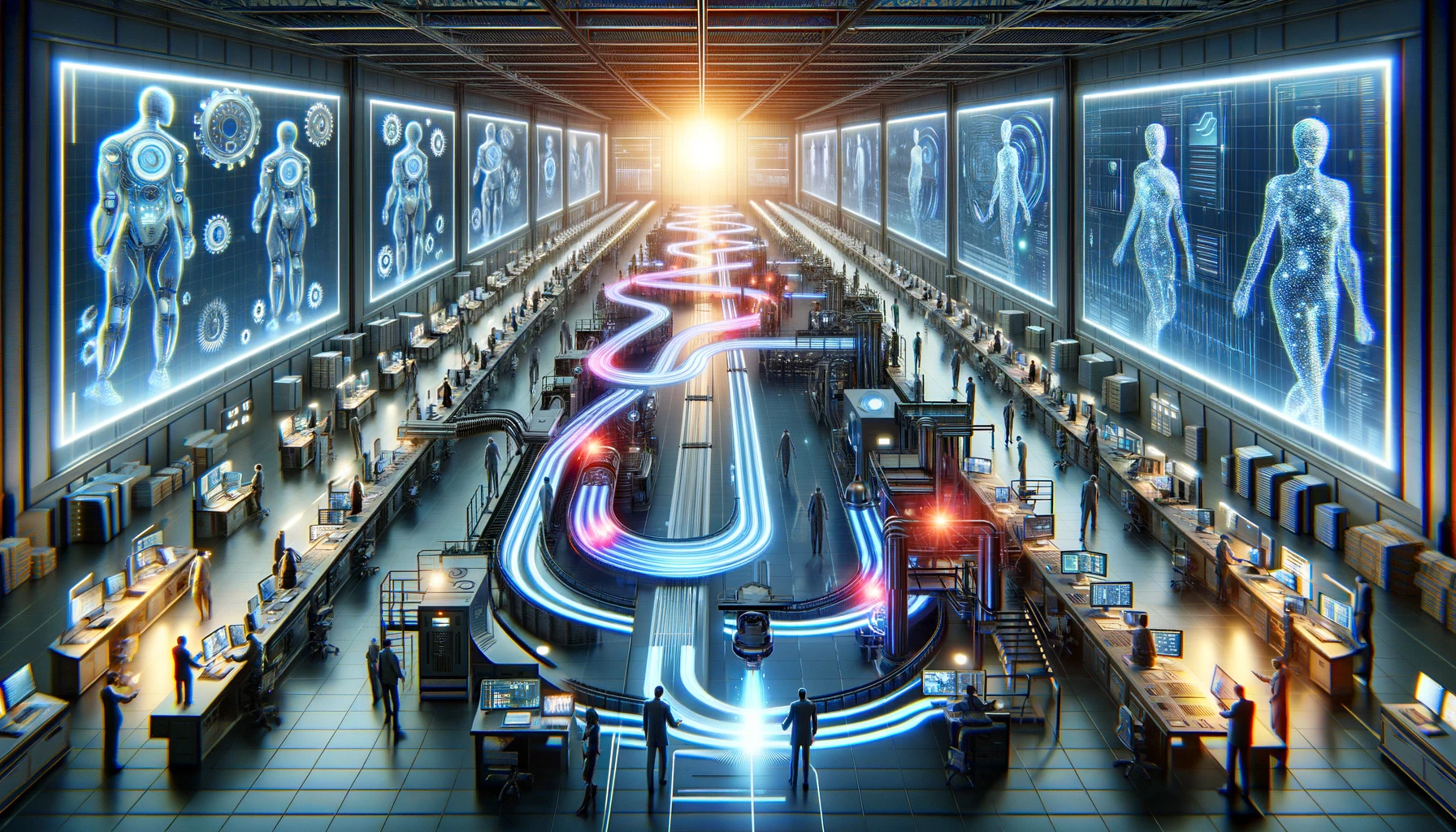Introduction
In the ever-evolving realm of content creation, the emergence of artificial intelligence (AI) has ignited a wave of innovation and sparked numerous discussions about its potential impact. While AI writing tools were initially met with skepticism, their capabilities have significantly advanced, prompting a reassessment of their role in the content creation process. This comprehensive guide delves into the world of AI for writing, exploring its capabilities, limitations, and potential to revolutionize the way we create content.
Demystifying AI for Writing: Understanding its Functionality
AI writing tools leverage various techniques, including natural language processing (NLP) and machine learning, to generate human-quality text. These tools are trained on massive datasets of text and code, enabling them to:
- Understand the context and style of different writing types: AI can analyze various writing styles, from formal business reports to casual blog posts, and adapt its output accordingly.
- Generate different creative text formats: Some AI tools can generate various content formats, such as blog posts, product descriptions, social media captions, and even scripts.
- Paraphrase and summarize existing content: AI can rephrase existing content to improve clarity or generate summaries of longer texts.
- Assist with research and data analysis: AI can help gather relevant information for your content by analyzing vast amounts of data and identifying key points.
The Potential Benefits of AI for Writing:
- Enhanced Efficiency: AI writing tools can significantly expedite the content creation process, freeing up your time to focus on other strategic tasks.
- Content Brainstorming and Idea Generation: AI can help overcome writer’s block by suggesting relevant topics, keywords, and content outlines.
- Overcoming Writer’s Block and Content Development Assistance: AI can provide a starting point for writer’s block, generate outlines and drafts, or provide suggestions for improving existing content.
- Multilingual Content Creation: AI can translate content into different languages, expanding your reach to a wider audience.
- Content Personalization and Customization: AI can personalize content based on user data or preferences, creating a more engaging experience.
Limitations of AI Writing:
- Lack of Creativity and Originality: While AI can mimic existing writing styles, it often struggles with genuine creativity and the ability to develop unique ideas.
- Factual Accuracy and Verification: AI-generated content requires careful fact-checking and human oversight to ensure accuracy and avoid potential factual errors.
- Emotional Intelligence and Brand Voice: AI may struggle to capture the nuances of human emotion and the unique voice of your brand, which are crucial for building trust and engagement with your audience.
- Ethical Considerations: The use of AI-generated content raises ethical concerns regarding transparency and potential misuse, requiring careful consideration and responsible implementation.
AI as a Tool, not a Replacement: The Future of Content Creation
It’s crucial to understand that AI writing tools are not meant to replace human writers. Instead, they serve as powerful tools and collaborators in the content creation process. Here’s how AI can revolutionize the future of content creation:
- Increased Content Output: AI can handle repetitive tasks like generating product descriptions or basic blog post outlines, allowing human writers to focus on more strategic and creative aspects of content development.
- Personalized and Data-Driven Content: AI can personalize content based on user data and preferences, leading to more engaging and relevant experiences for your audience.
- Global Content Reach: AI can assist in multilingual content creation, enabling you to reach a wider audience and expand your global presence.
- Faster Content Production and Iteration: AI can accelerate content creation, allowing for faster iteration and testing of different content variations.
Conclusion: Embracing AI for a Evolving Content Landscape
AI writing tools are undeniably transforming the content creation landscape. While they have limitations and require responsible use, their potential to enhance efficiency, personalize content, and expand reach is undeniable. By embracing AI as a collaborative tool and prioritizing human oversight, content creators can leverage its capabilities to unlock new possibilities and revolutionize the way we create content in the ever-evolving digital world.






